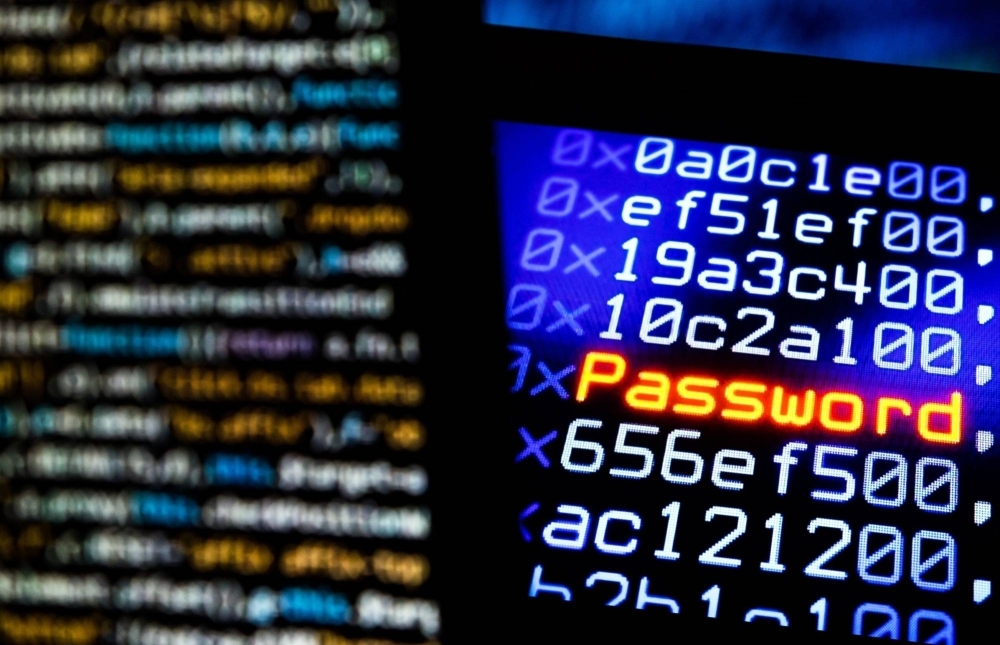While recent tensions in the South China Sea have highlighted the Philippines’ maritime vulnerabilities, the more insidious risk of state-sponsored cyberattacks — and a lack of resources to handle them — may be the country’s bigger challenge.
In a November report, a Chinese group known as Stately Taurus was blamed for an attack that had compromised a Philippine government agency for five days earlier in 2023, coinciding with clashes between the two countries’ ships in the South China Sea. Stately Taurus’s operations "align with geopolitical topics of interest to the Chinese government,” according to Palo Alto Networks, the U.S. cybersecurity firm that produced the report.
Philippine officials say it is difficult to pin any cyberattack on one specific country. Still, online security breaches in the Southeast Asian nation are widespread. Over 60,000 user accounts were compromised in the third quarter of last year, according to cybersecurity company Surfshark, putting the Philippines among the world’s 30 most-attacked countries. In September, state insurer Philippine Health Insurance suffered a huge data leak. Hackers defaced the website of the country’s House of Representatives just weeks later.



